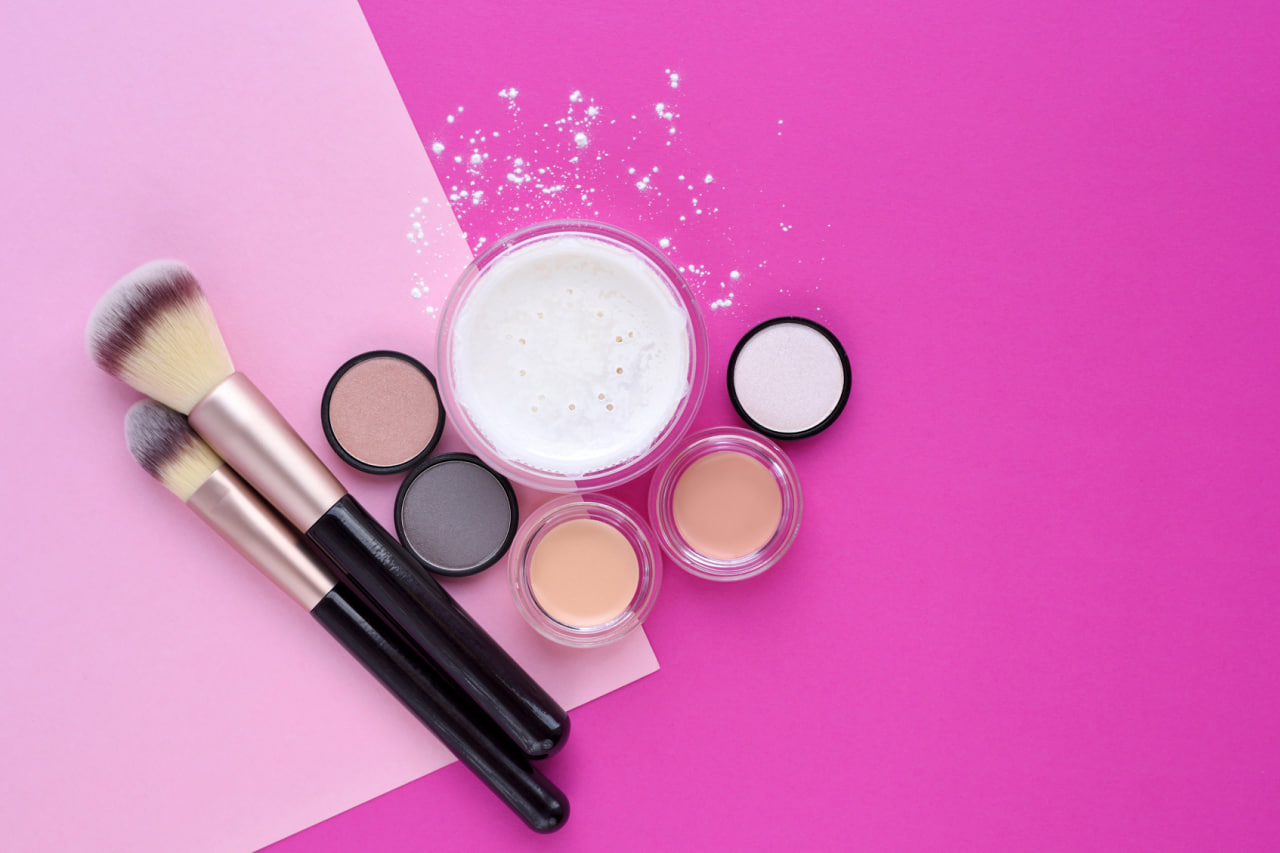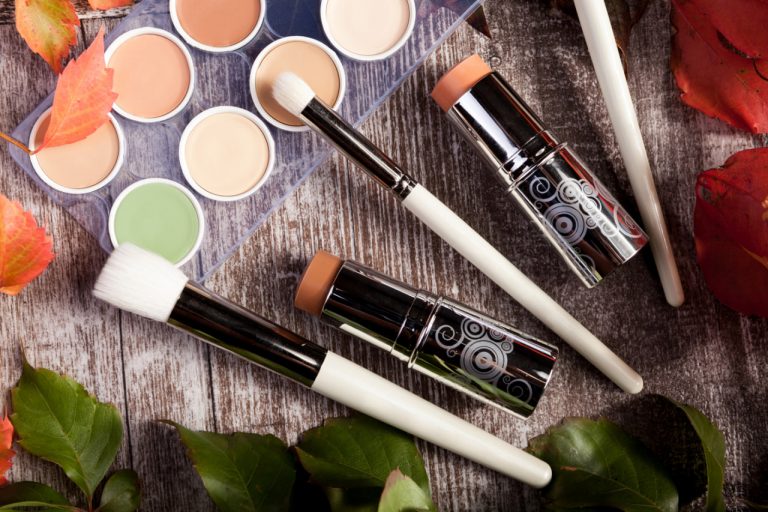Turning Your Cosmetic Hobby into a Profitable Business
Turning a passion for homemade cosmetics into a thriving business is an exciting and rewarding…
Turning a passion for homemade cosmetics into a thriving business is an exciting and rewarding journey. Many DIY beauty enthusiasts start by creating products for themselves, friends, or family, only to realize that there is a growing market for natural, handmade cosmetics. With the right combination of creativity, knowledge, and business strategy, you can transform your hobby into a profitable venture while sharing your passion with others.
Identifying Your Niche
Before launching your cosmetic business, it’s essential to identify your niche. Consider what makes your products unique and what specific needs they address.
- Product Type: Decide whether you will focus on skincare, makeup, or a combination. For example, lip balms, facial masks, or natural foundations.
- Target Audience: Identify who will benefit most from your products. Are they eco-conscious consumers, people with sensitive skin, or beauty enthusiasts seeking handmade items?
- Unique Selling Proposition: Highlight what sets your products apart, such as sustainable ingredients, personalized formulations, or allergy-friendly options.
A clear niche will help you focus your marketing efforts and attract loyal customers.
Understanding Regulations and Safety
Safety and compliance are crucial when selling cosmetics. Homemade products may be safe for personal use, but commercial sale requires adherence to local laws and regulations.
- Ingredient Safety: Ensure all ingredients are cosmetic-grade and non-toxic. Avoid substances that are restricted or banned for commercial sale.
- Labeling Requirements: Include ingredients, usage instructions, storage information, and any necessary warnings. Accurate labeling builds trust with customers and avoids legal issues.
- Preservatives and Shelf Life: Proper preservation is essential for water-based products to prevent bacterial growth. Even natural preservatives may have limits on how long a product can safely be stored.
Investing time in understanding regulations ensures your business operates safely and professionally.
Building a Brand
Your brand represents your vision and connects with your customers. A strong brand identity helps you stand out in a competitive market.
- Logo and Packaging: Develop visually appealing, eco-friendly packaging that reflects your values. Consider reusable containers, recyclable materials, or minimalist designs.
- Brand Voice: Decide how you want to communicate with your audience. Are you playful, educational, luxurious, or environmentally focused?
- Consistency: Keep your brand identity consistent across all platforms, including social media, website, and packaging. Consistency builds recognition and trust.
A memorable brand encourages customer loyalty and creates a professional image.
Marketing and Selling Your Products
Marketing is critical to turning a hobby into profit. Use both online and offline strategies to reach potential customers.
- Social Media: Platforms like Instagram, TikTok, and Pinterest are ideal for showcasing your products, sharing tutorials, and engaging with a community of beauty enthusiasts.
- E-commerce Platforms: Selling through websites or online marketplaces allows you to reach a wider audience. Ensure product descriptions, photos, and pricing are professional and accurate.
- Local Markets and Events: Farmers’ markets, craft fairs, or pop-up shops are excellent ways to connect with customers face-to-face and receive direct feedback.
Creating engaging content, such as tutorials or behind-the-scenes videos, can also establish your expertise and build a following.
Managing Costs and Pricing
To run a profitable business, you need to understand your costs and price products appropriately.
- Cost Calculation: Include raw materials, packaging, labor, marketing, and shipping in your cost calculations. Don’t forget overhead costs like utilities or equipment.
- Profit Margin: Determine a reasonable markup to ensure your business is sustainable while remaining competitive.
- Batch Production: Making products in small batches reduces waste, while larger batches may lower per-unit costs if managed efficiently.
Transparent and fair pricing helps customers understand the value of your products while supporting business growth.
Scaling Your Business
Once your business gains traction, consider strategies for scaling production and expanding your offerings.
- New Products: Introduce complementary products such as creams, scrubs, or haircare items to appeal to a wider audience.
- Collaborations: Partner with local stores, salons, or influencers to reach more customers.
- Automation and Outsourcing: As demand grows, consider outsourcing certain tasks or investing in small-scale production equipment to maintain quality while increasing volume.
Scaling thoughtfully ensures that growth is sustainable and maintains the integrity of your brand.




